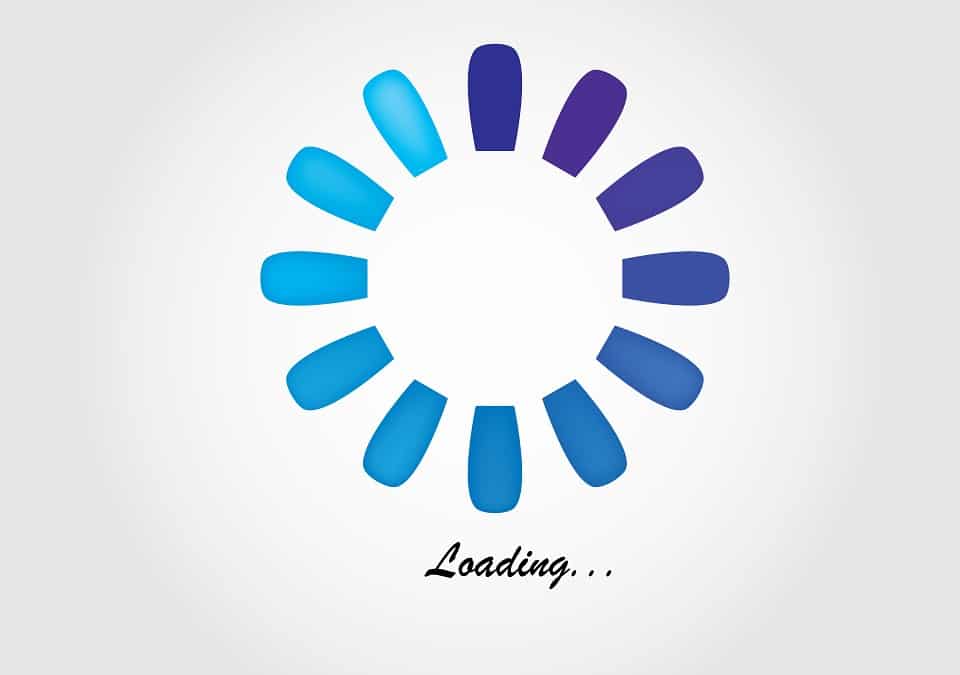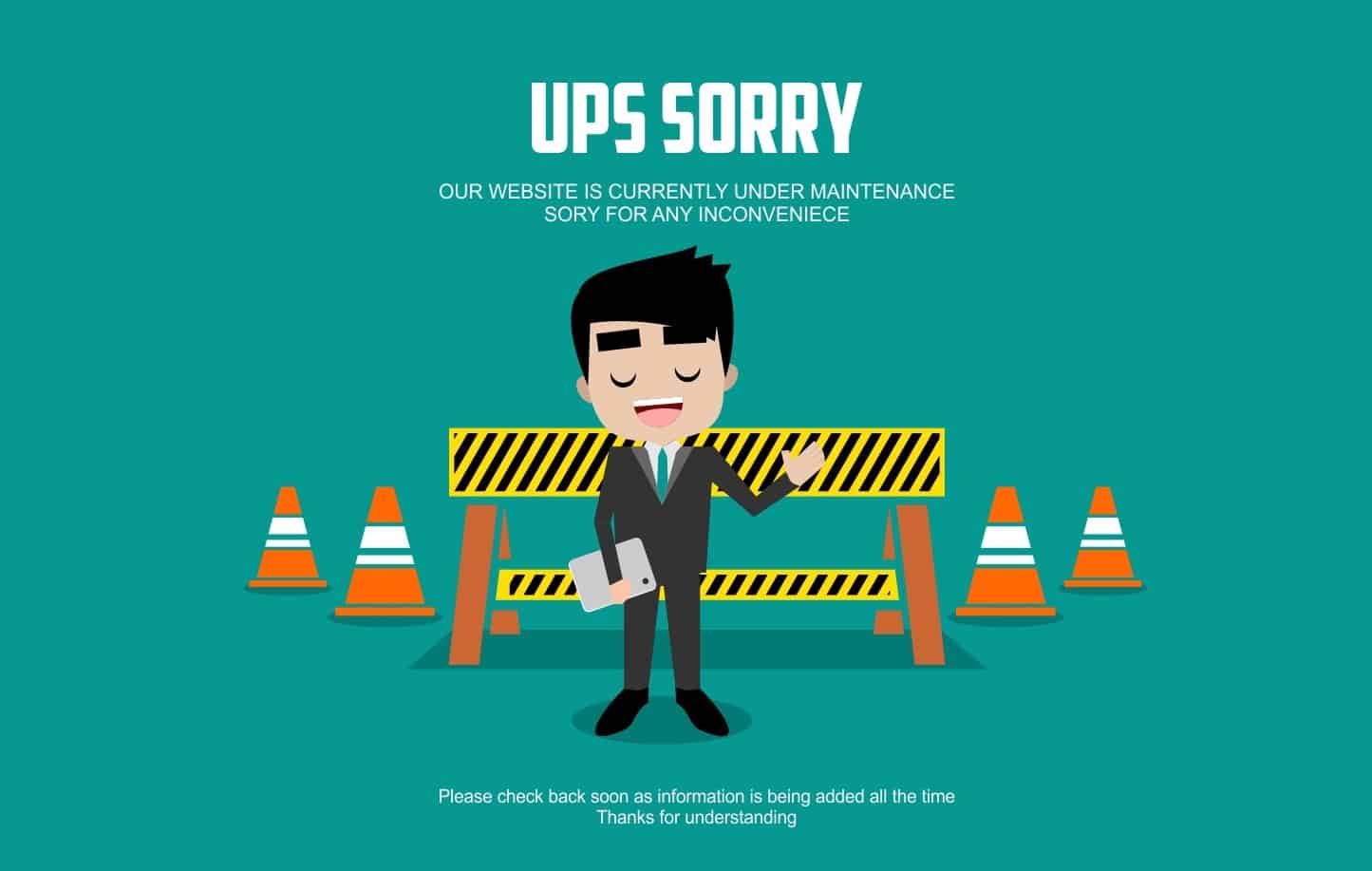
15 Feb Tips To Speed Up Your WordPress Blog
Thanks to quick and effective set-up, WordPress has become the most popular platform used by companies to create blogs for their website. Sadly setting up a WordPress site is not really enough to guarantee that you’re giving guests the best online experience.
According to research conducted by the Aberdeen Group, a speedy is one of the keys for getting the best results for your online efforts. Something insignificant as a few seconds delay can make you lose customers. In fact a one-second delay in loading can result in a 7% decrease in conversion, 16% decrease in customer satisfaction and 11% less views on your site.
If loading speed is important you need to find out how to speed up your WordPress blog a.s.a.p. Here are some tips.
Find the Right Host
You can have the most impressive website in the whole world but that’s not worth anything if it won’t load quickly. The right host and hosting plan has a big impact on your loading speed. This is one of the reasons why companies switch to a VPS or dedicated hosting when their traffic increases.
Make sure to choose a hosting company that is suited for your business and a plan that is attuned to your needs. For example, if you run an e-Commerce site you should go for dedicated hosting to ensure that everything runs smoothly. This can be expensive but it is important if you want to give customers the best online experience.
Keep Up-To-Date

WordPress updates frequently and comes up with new plugins all the time. It can be easy to ignore these updates especially if you don’t spend a lot of time updating your blog. However, making sure that you‘re using the latest version can make your blog load faster. Updated versions can also make your site less vulnerable to cyber-attacks and security problems.
Reduce HTTP Requests
Did you know that around 80% of loading time is spent on downloading various elements of your site like scripts, images and style scripts? An HTTP request is made for each of these elements so it makes sense that fewer HTTP requests mean faster loading time.
You can reduce HTTP request by:
- Placing scripts at the bottom of your page.
- Using CSS instead of images.
- Streamlining elements on each page.
- Combining multiple style-sheets into one.
Allowing for Compression Whenever Possible
One of the first things to learn when creating a blog is that high quality content is crucial to success. However, this type of content is usually heavy and it weighs web pages down making them slower to load. Since you can’t compromise on the content you offer the best thing to do is to compress content to permit faster loading.
You can do this by using a compression software to reduce HTTP response and bandwidth of your pages to make them load faster.
Keep Images Optimized
Images are important to blogs because they keep the content engaging. However, you also want to make them load as quickly as possible. The best way to do this is by using image editing tools to reduce the size of your images. Also avoid empty SRC codes to improve site performance.
Start Caching

A cache plugin can help your WordPress site’s performance quickly. Caching simply means storing information, data and images on another location so that visitors don’t have to request data from your server every time they visit the site.
Caching can drastically reduce loading time because it means visitors don’t need to load everything from scratch each time they go to your site. This means information appears on their screen more quickly.
Try a CDN
Content Delivery Network or CDN can distribute your website files across a range of different servers. Since your static files are distributed around the globe. This makes it easier for you to transfer data to customer no matter where they are.
Wrap-up
Hopefully these tips will make your WordPress blog load faster. Blogs are not only a great way to interact with customers but also a good way to rank on Google. This results not only in better rankings but also better customer relationships.

No Comments